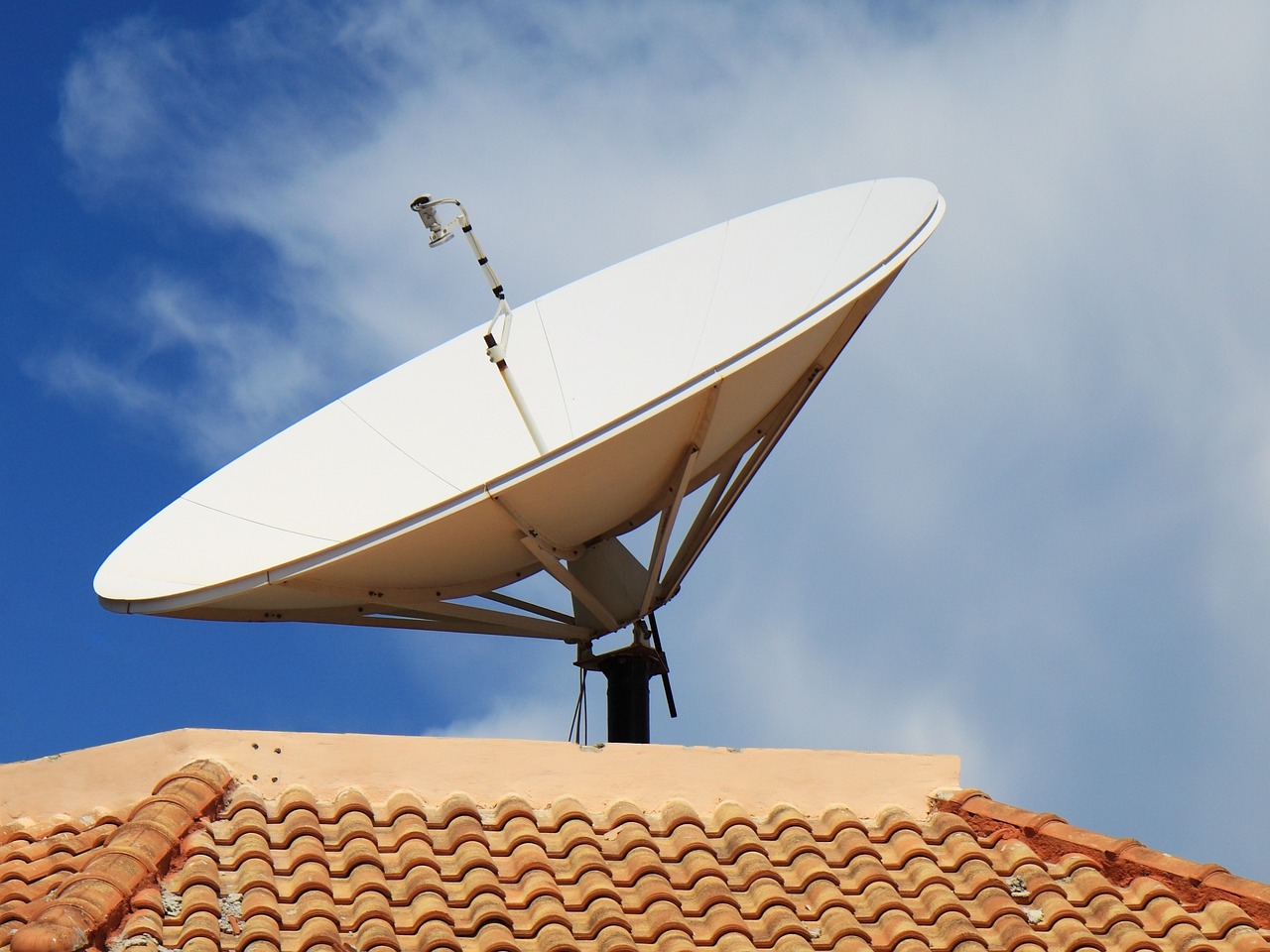MTN Group CEO Ralph Mupita on Monday revealed that the telecom operator is mulling a joint venture with Low-Earth-Orbit satellite companies to provide internet access to customers who live in remote areas.
With the rise in popularity of carriers like Starlink, run by Elon Musk’s SpaceX, satellite Internet has emerged an alternate connection option across Africa.
Even in places where deploying terrestrial telecommunications infrastructure, including fibre and mobile broadband, is challenging and costly, LEO satellites offer high-speed internet.
Read also: MTN, Huawei unveil Africa’s first 5.5G trial with ultra-fast speed, energy efficiency
“To keep customers and businesses connected at all times, we’re going to have to embrace satellite as an additional technology form,” Mupita told the press.
He stated that MTN, a company based in South Africa, was conducting proof of concept with several LEO satellite operators to explore potential collaborations.
“We are exploring several, and actually some of them we’re happy to be resellers through our enterprise business to some of our customers in specific countries,” Mupita stated.
Other telecoms partnering with Internet Service Providers to provide internet access
MTN’s pursuit of cooperation arrangements is not unique. Cell C, a smaller competitor, is following suit.
Last year, Amazon’s Project Kuiper LEO satellite and South Africa’s largest operator, Vodacom, which is primarily owned by Vodafone of Britain, announced a cooperation.
“We’re very aware of the challenges of having to compete as a fixed and wireless operator with LEO satellites over time, so we’re arranging ourselves to be able to prove our businesses in our key markets,” Mupita stated.
Read also: Salesforce expands to Nigeria, appoints Sandra Adesuwa Ebere
Although Starlink operates in several African nations, it has encountered opposition from state telecom providers and regulatory obstacles in other nations, such as South Africa.
The regulatory and licensing framework for satellite internet providers is presently being developed by the South African regulator ICASA to give operators clear guidelines.
“LEO operators should be treated the same as terrestrial operators such as ourselves, subjected to the same regulatory requirements whether it’s around data privacy, data transport, localisation and access to spectrum,” Mupita stated.
